If you enjoy reading Greg Sheridan’s Diaries in this magazine, you’ll love this book. The author, a 30-year veteran journalist at the Australian, has his eyes and ears perpetually on the alert for what makes future political figures interesting – or what made them foolish in their younger days. I had the great pleasure of working with Sheridan for the best part of a decade, so I’d already heard some of his stories.
Already a subscriber? Log in
Subscribe for just $2 a week
Try a month of The Spectator Australia absolutely free and without commitment. Not only that but – if you choose to continue – you’ll pay just $2 a week for your first year.
- Unlimited access to spectator.com.au and app
- The weekly edition on the Spectator Australia app
- Spectator podcasts and newsletters
- Full access to spectator.co.uk
Unlock this article
Tom Switzer, a former editor of The Spectator Australia, is host of Between the Lines on ABC’s Radio National.
You might disagree with half of it, but you’ll enjoy reading all of it. Try your first month for free, then just $2 a week for the remainder of your first year.

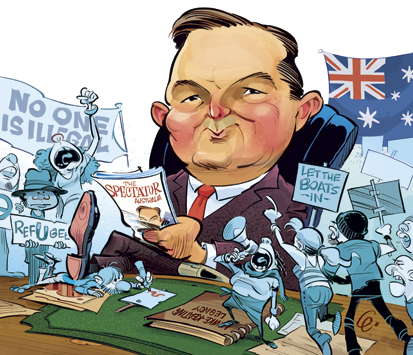
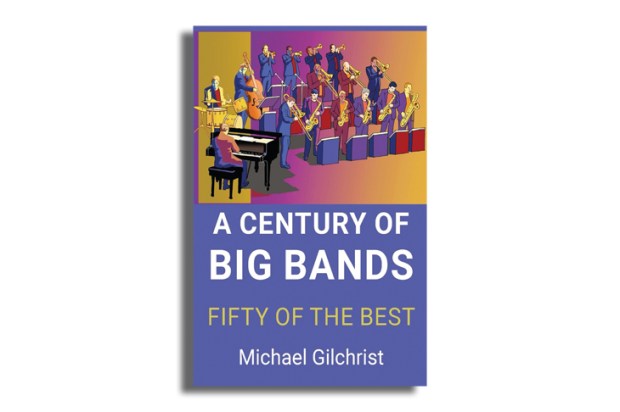
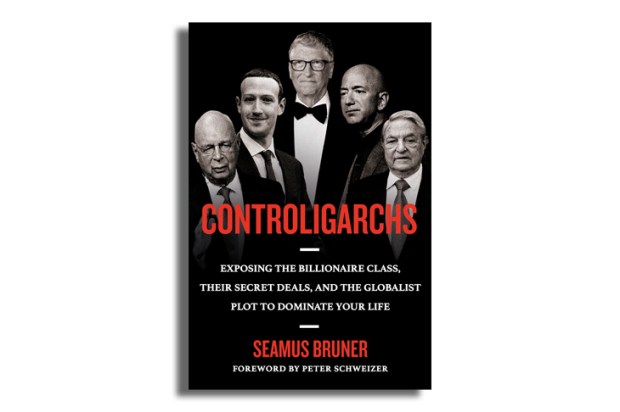
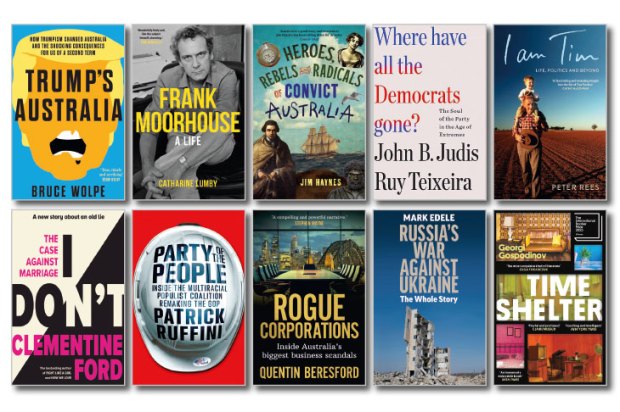
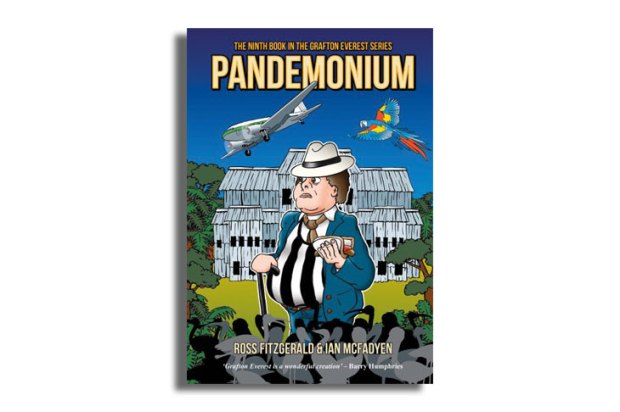
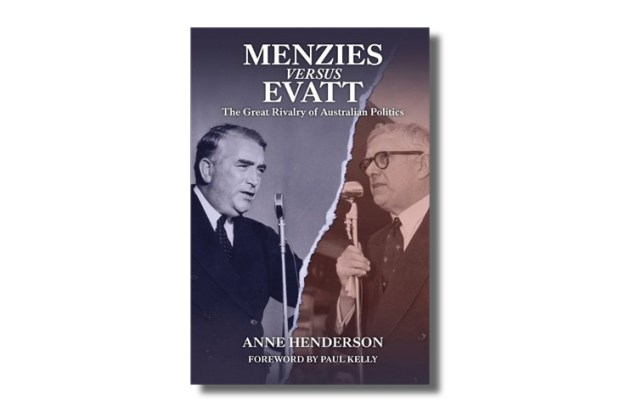






Comments
Don't miss out
Join the conversation with other Spectator Australia readers. Subscribe to leave a comment.
SUBSCRIBEAlready a subscriber? Log in